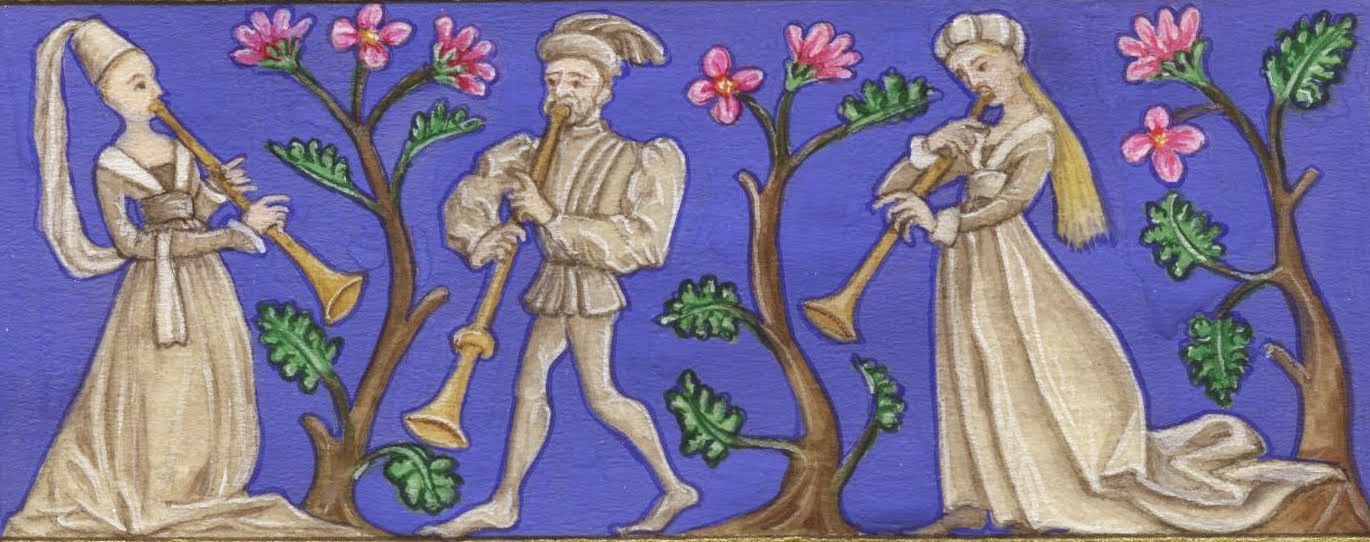Just stumbled upon an interesting book, Medieval Music and the Art of Memory, by Anna Maria Busse Berger (as an aside, one motivation for starting this blog was to encourage myself to spend more time in reading and research; and as I read things they motivate me to blog, in what is hopefully a virtuous circle...). Though I've still only read the introduction, I think this book is likely to form the basis of several posts in future.
The introduction makes the interesting point that plenty of evidence suggests that Notre Dame polyphony was an oral tradition. In particular:
"no manuscript of polyphonic music ever appears in the lists of choirbooks or the inventories of the library, the treasury, the bishop's chapel or the chapterhouse of Notre Dame. In short, there is every reason to investigate the possibility that this repertory was orally transmitted and that memory played a role in its composition" (p.2)But to link this back to some previous posts, Berger also interestingly argues that one reason her topic has received little consideration hitherto, and that instead "musicologists have been applying Beethovenian art concepts to Notre Dame polyphony" is due to the influence of the early musicologist Friedrich Ludwig, who seems to have been a classic case of a music scholar who loved Renaissance music (specifically Palestrina) and never really tried to understand 'pre-early' music on its own terms.

No comments:
Post a Comment